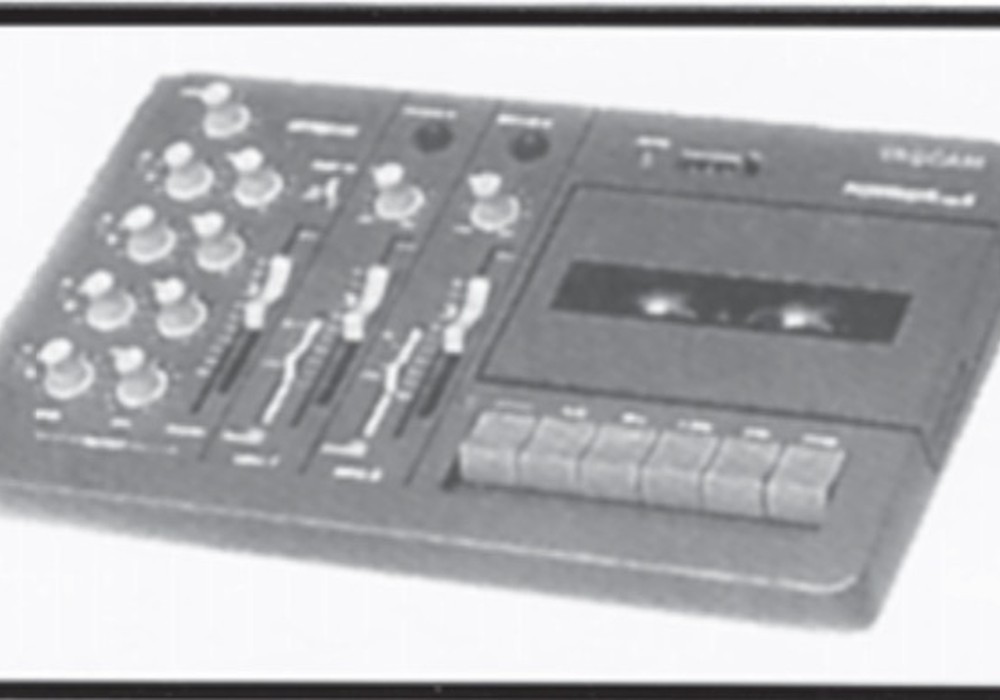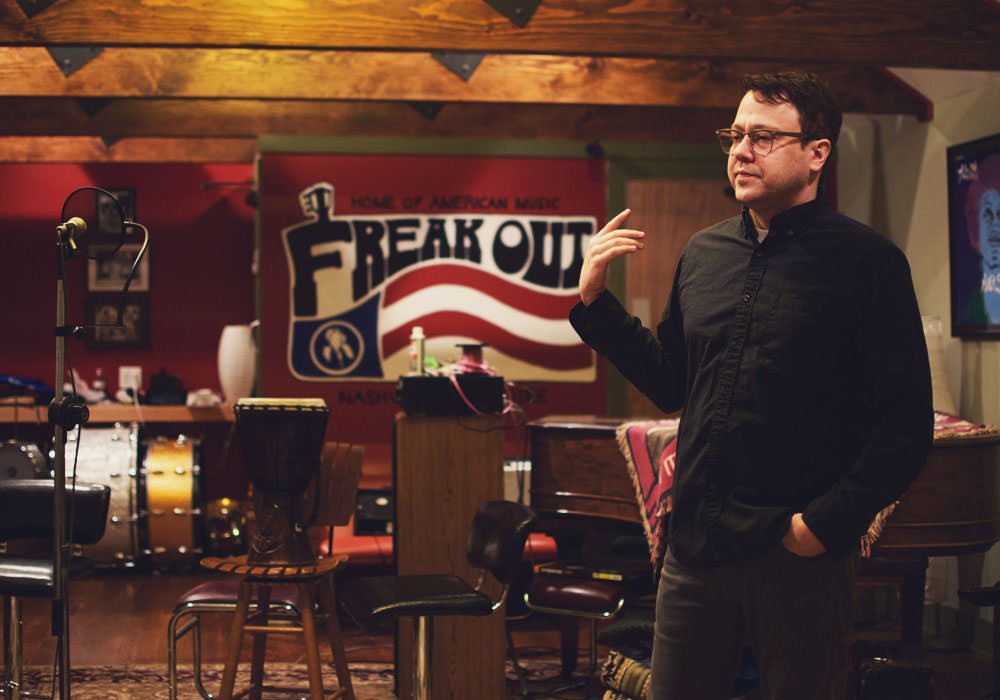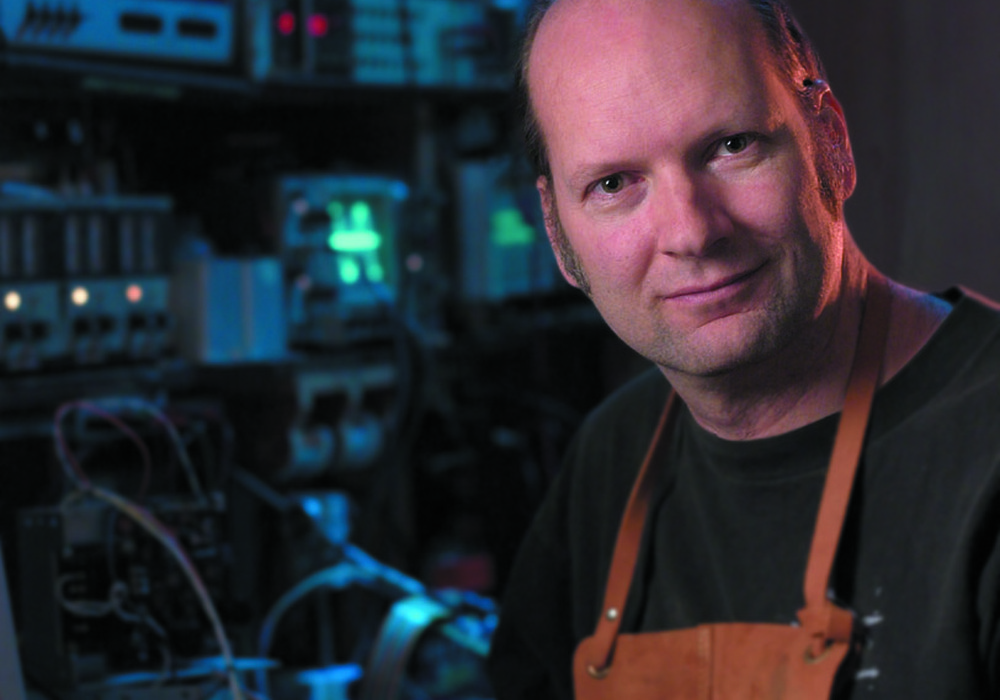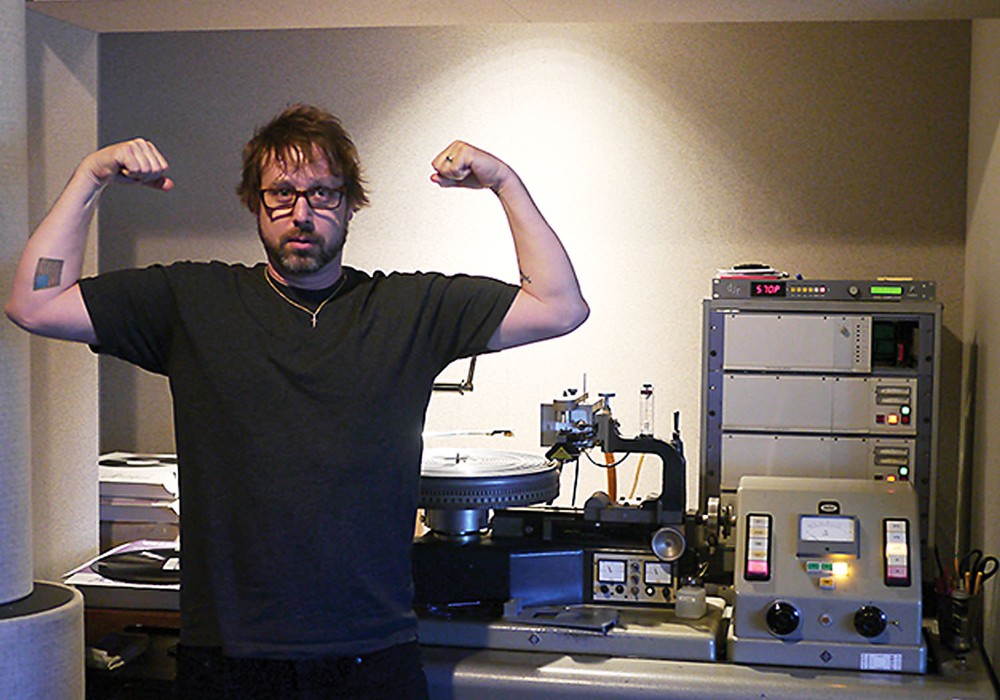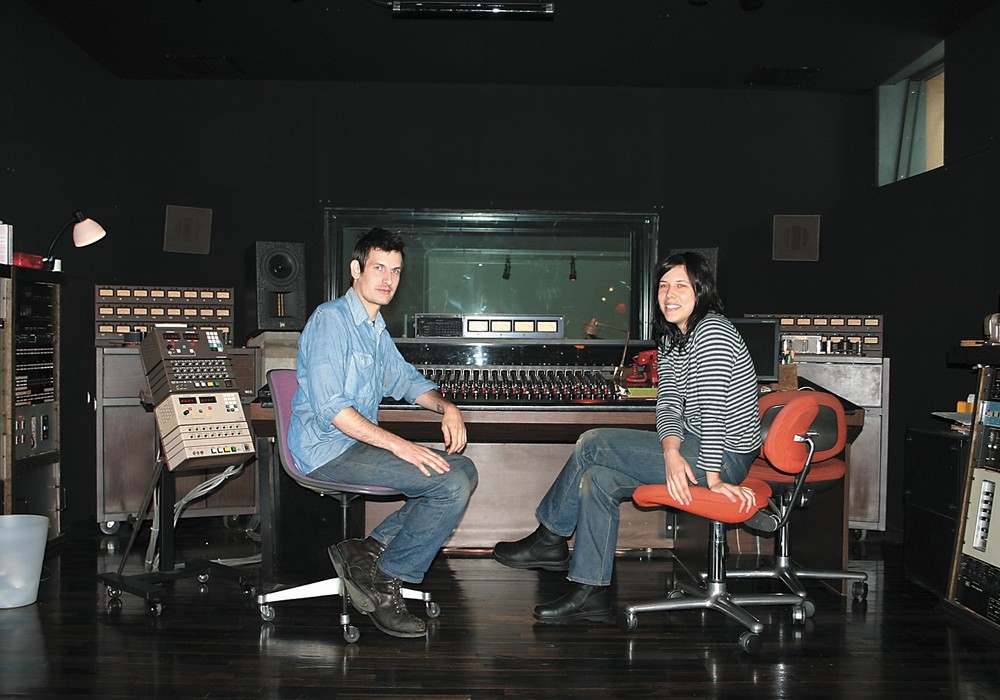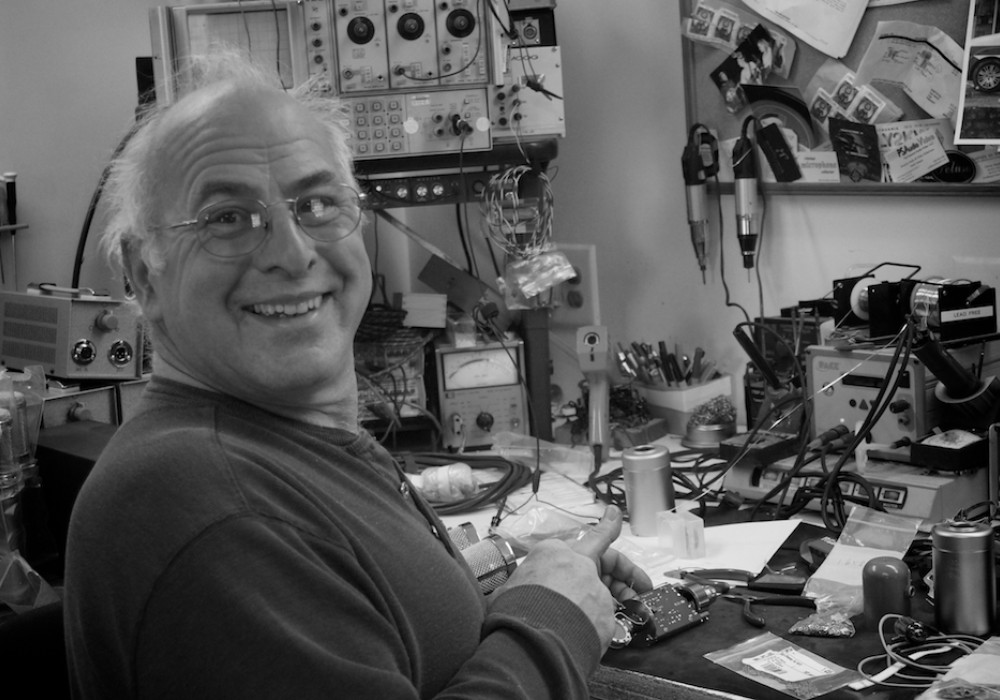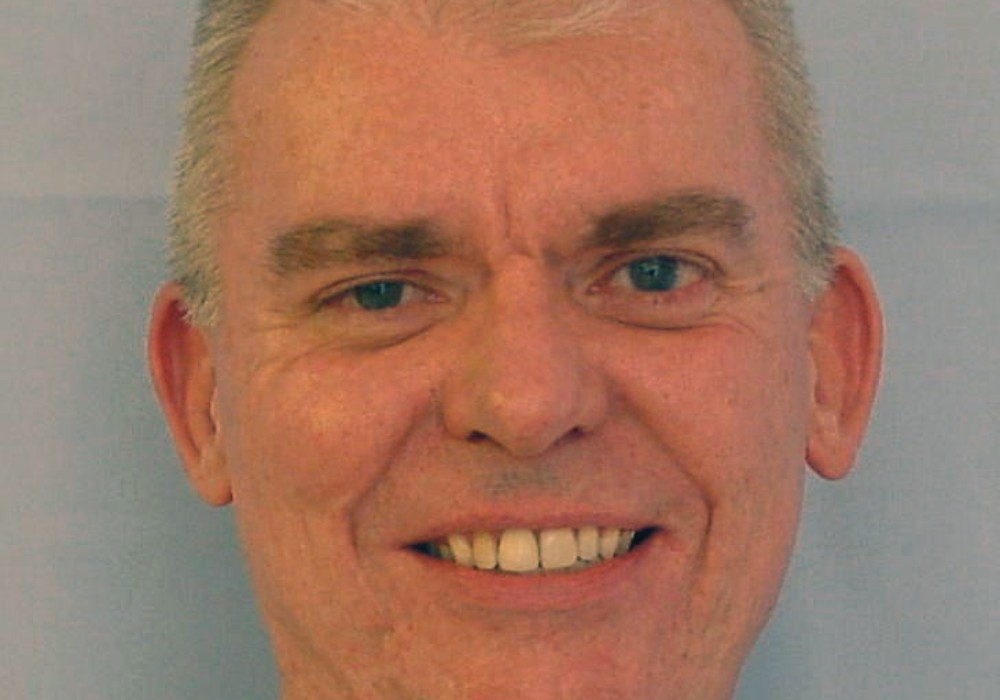About an hour's drive across the Netherlands from Amsterdam sits the city of Oosterhout. In Oosterhout is where you'll find RMGI, Recordable Media Group International, one of two places in the world (along with ATR Magnetics in the US) still making audiotape for professional use.
RMGI resides in a factory built by Philips in 1968, which later joined with DuPont as PDM (Philips Dupont Magnetics) through 1993. After this date the plant ran under the banner of Magnetic Products Oosterhout, and in 2004 became RMGI. Where this factory once employed 900 people through a major contract with IBM, now 33 people work here making analog tape. In 2004, RMGI purchased the assets and techniques for audiotape production from the EMTEC Munich plant, allowing them to produce professional recording tape based on the popular AGFA/EMTEC/BASF formulations. I was asked to come visit theRMGI factory and meet the people behind this venture. Along with the men who import and distribute RMG tape in the US, Phil Paske and Don Morris, were Chief Executive Officer J. J. Blink and Ir. M.C. van Houwelingen, the Chief Technology Officer of RMGI — people with long histories in the production of tape in Europe. In order to understand how analog tape made specifically for audio recording has become a rare beast, one must look at the changes that digital storage mediums have brought about. The manufacturing of analog tape used to be a huge business, with audiocassettes and videotapes being the obvious markets that have shrunk. But the real changes for RMGI came about when the data systems, which once relied on analog tapes, were phased out.
J.J.: Nobody made profit on blank tape — the exception is the specialties. The normal video/audio business; nobody made a profit in the last fifteen years. So how long do you think we'll still make broadcast or studio profit? If the quality is good? What we need are those good, old engineers who tell you that they know that the SM 900 is better than when you use digital. [laughter] We still have to develop our business. We really want to manufacture this product — as long as we keep control of our costs. We have a very complex factory.
But jumping in with a new production line and making a product as difficult to manufacture as audiotape isn't easy. Touring this factory and witnessing the different stages and processes, one gets a better idea of the amount of technical knowledge required and the sheer amount of equipment needed to get the job done.
J.J.: Nobody knew exactly what was going to happen with quality. We were coming in new. Then we started having problems. If we would have had no shedding problems at that time, if we had been a little bit earlier in solving our problems, it could've given us some extra orders. They should buy some now.
That's right. What could be worse than attempting to reintroduce a line of analog tape and subsequently having problems with this very tape shedding? I had heard nightmares from fellow engineers about tape-shed issues and dropouts in early runs of RMGI tape (see TJ Doherty's interview in this issue). What caused this situation?
Phil: I found out that not all the batches were bad. Ideally, out in the field, you want less than half a percent of a problem. This was probably running about five percent, and unfortunately it was in clumps. A guy would buy five reels and he'd have four bad reels and a good one. Then the next guy bought ten and they were all good. So, this guy with the four bad reels he says, "Oh! This stuff is horrible." The other guy says, "It's the best stuff I've ever had." I'm analyzing all these numbers and I'm looking at our sales — reels going out and coming back. I document every complaint. RMGI gets a report of what I found out and how I solved the problem. It turned out it wasn't all that bad of a problem. It's just that with the Internet these days... What was happening here was the tape would go on the machine and everything would be fine, but it would take about ten passes and it would start manifesting itself. [It was mostly] because of the worn condition of a lot of machines that have fixed tape lifters — they were actually scoring the surface and causing the problem. If you look at...
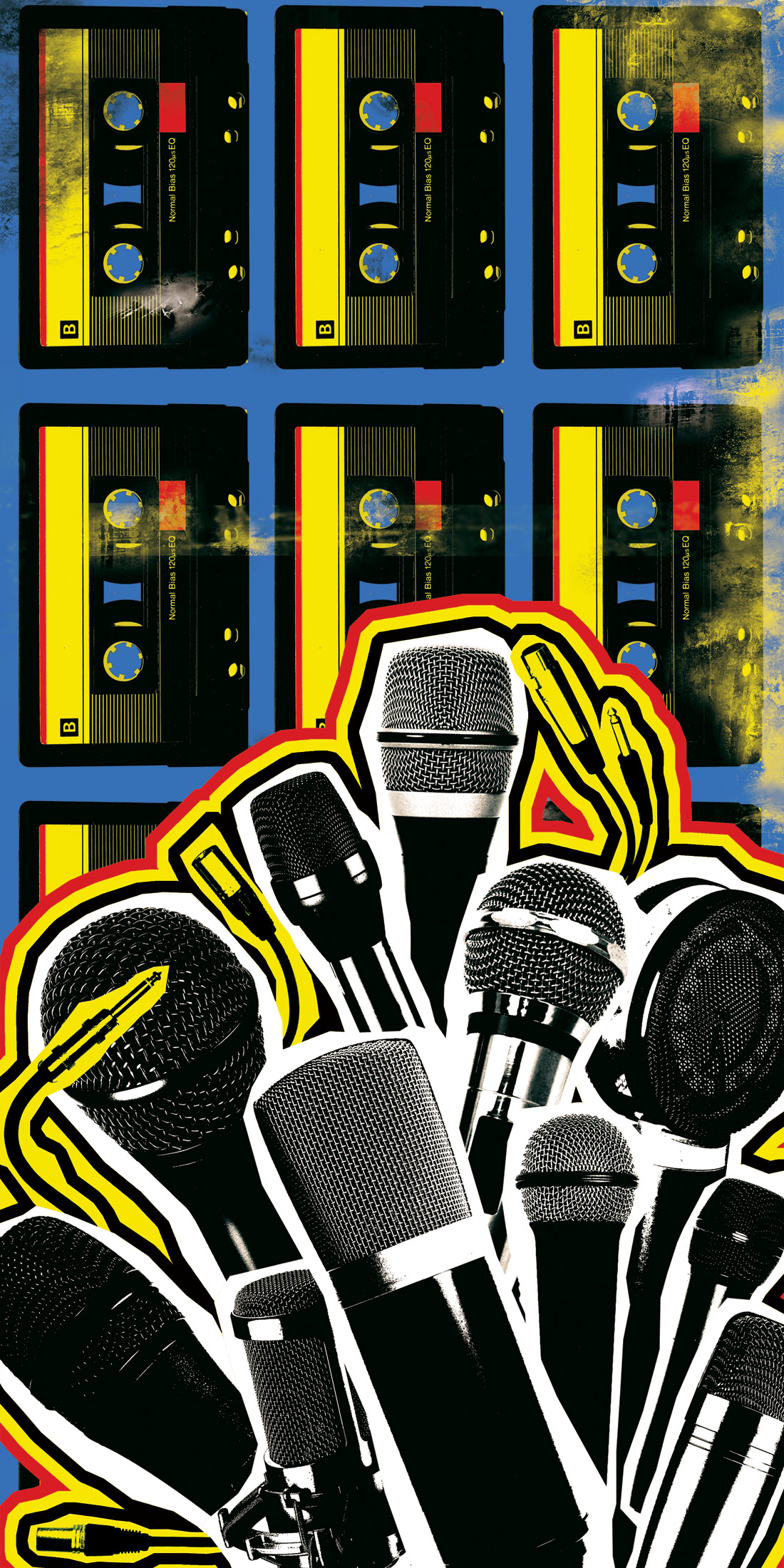

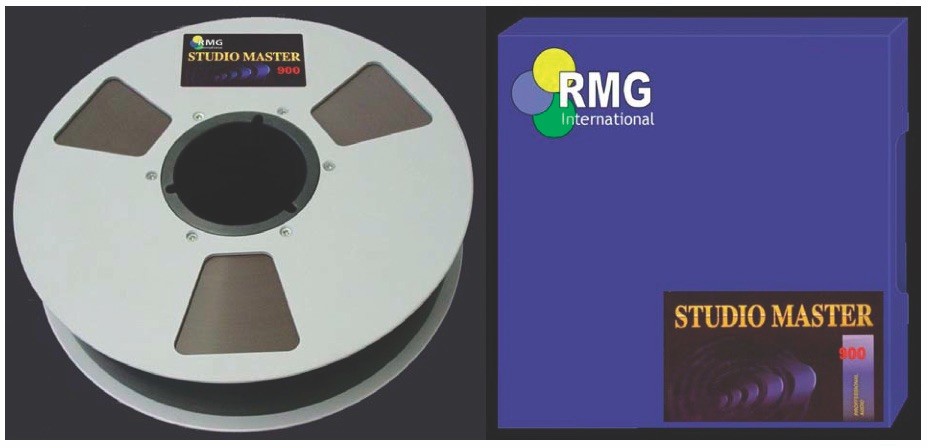


_disp_horizontal_bw.jpg)
